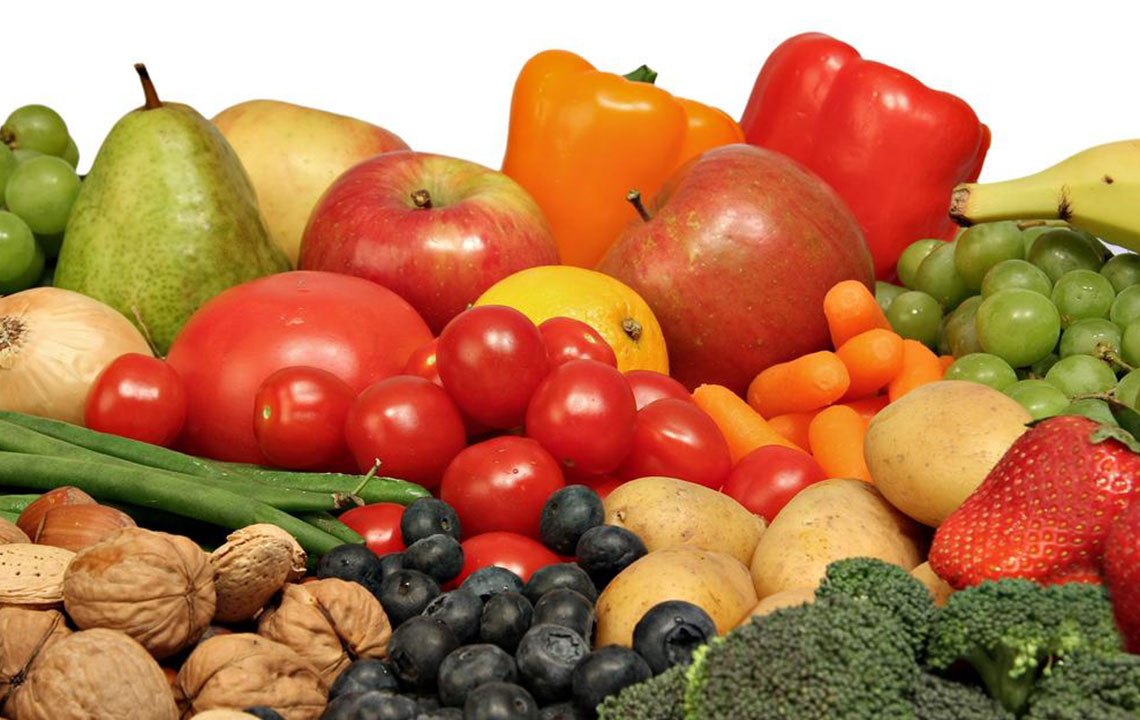Effective Diet Strategies to Reduce Triglyceride Levels
Discover effective dietary strategies to lower triglyceride levels and promote heart health. Incorporate omega-3 rich fish, soy protein, nuts, and fiber-rich foods into your routine. Limiting sugar and carbs, along with regular exercise, can significantly improve triglyceride levels, supporting a healthier lifestyle.

Diet Tips for Lowering Triglycerides
Managing triglyceride levels involves lifestyle adjustments and dietary changes. Triglycerides, a type of fat circulating in the bloodstream, can raise heart disease risk when elevated. Excess sugars and fats consumed in food are stored as triglycerides in fat cells, making it essential to maintain a balanced diet. Incorporating specific foods regularly can significantly reduce triglyceride levels over time, promoting better heart health and overall wellness.
Including certain nutrient-rich foods in your daily diet can effectively lower triglycerides. Here are some key options:
Omega-3 Fatty Acids and Fatty Fish
Fish such as salmon, mackerel, and sardines are rich sources of omega-3 fatty acids, known for their ability to reduce blood triglycerides. Regular consumption of about 3.4 grams of fish oil daily can decrease triglyceride levels by 25-50% within a month, making fish an excellent dietary choice for heart health.
Soy Protein
Studies from Canada have demonstrated that consuming 25 grams of soy protein daily for six weeks can lower triglycerides by approximately 12%. This evidence supports including soy-based foods like tofu, soy nuts, and soy meat substitutes in a triglyceride-lowering diet.
Nuts
Eating nuts such as almonds, walnuts, and pistachios has been linked to a decrease in cardiovascular risk. A comprehensive analysis across multiple countries found that daily intake of about 67 grams of nuts resulted in a 10% reduction in triglycerides, highlighting nuts as a heart-healthy snack option.
Tips for Maintaining Low Triglyceride Levels
To keep triglycerides in check, adopt a diet rich in fiber, lean proteins, and healthy fats. Limit sugar-sweetened beverages and refined carbohydrates, as excess sugar and carbs convert into triglycerides. Incorporate fiber-rich foods like fruits, vegetables, and whole grains to aid fat and sugar absorption. Regular exercise further supports healthy triglyceride levels, contributing to long-term well-being and cardiovascular health.
Important Note:
While dietary adjustments are impactful, consulting healthcare professionals for personalized advice is recommended. Combining a balanced diet with physical activity and avoiding excess sugars will help maintain optimal triglyceride levels and promote overall health.










